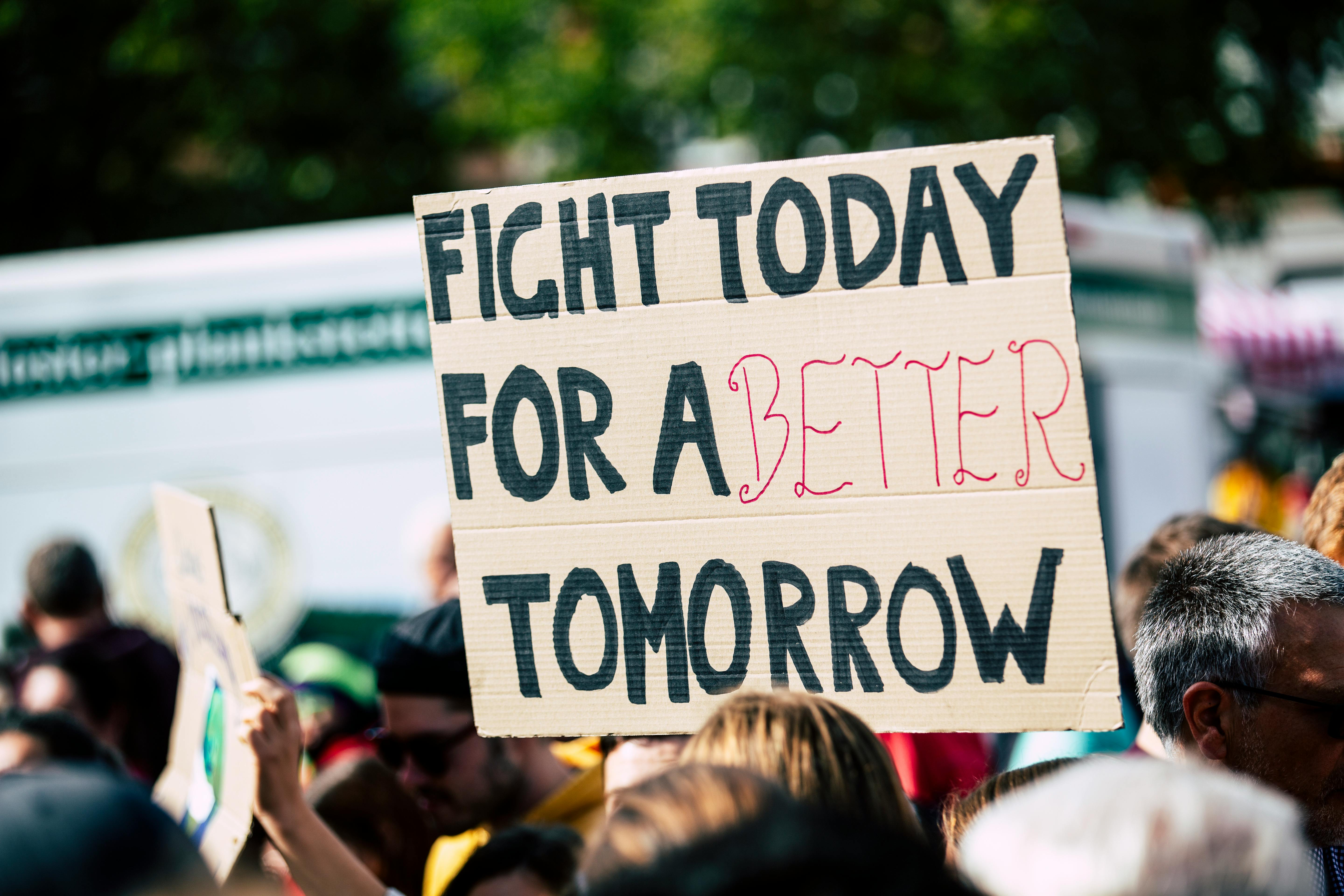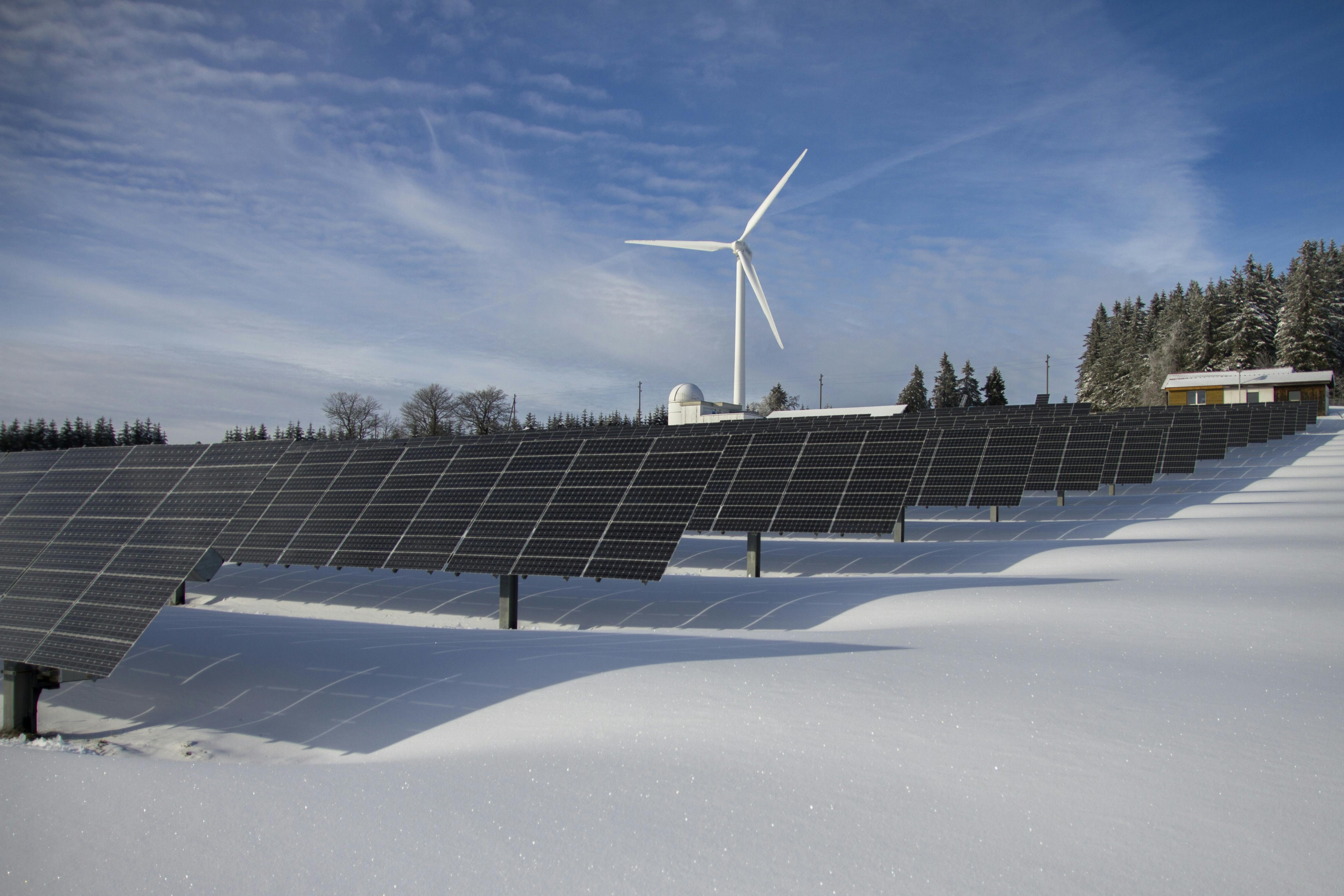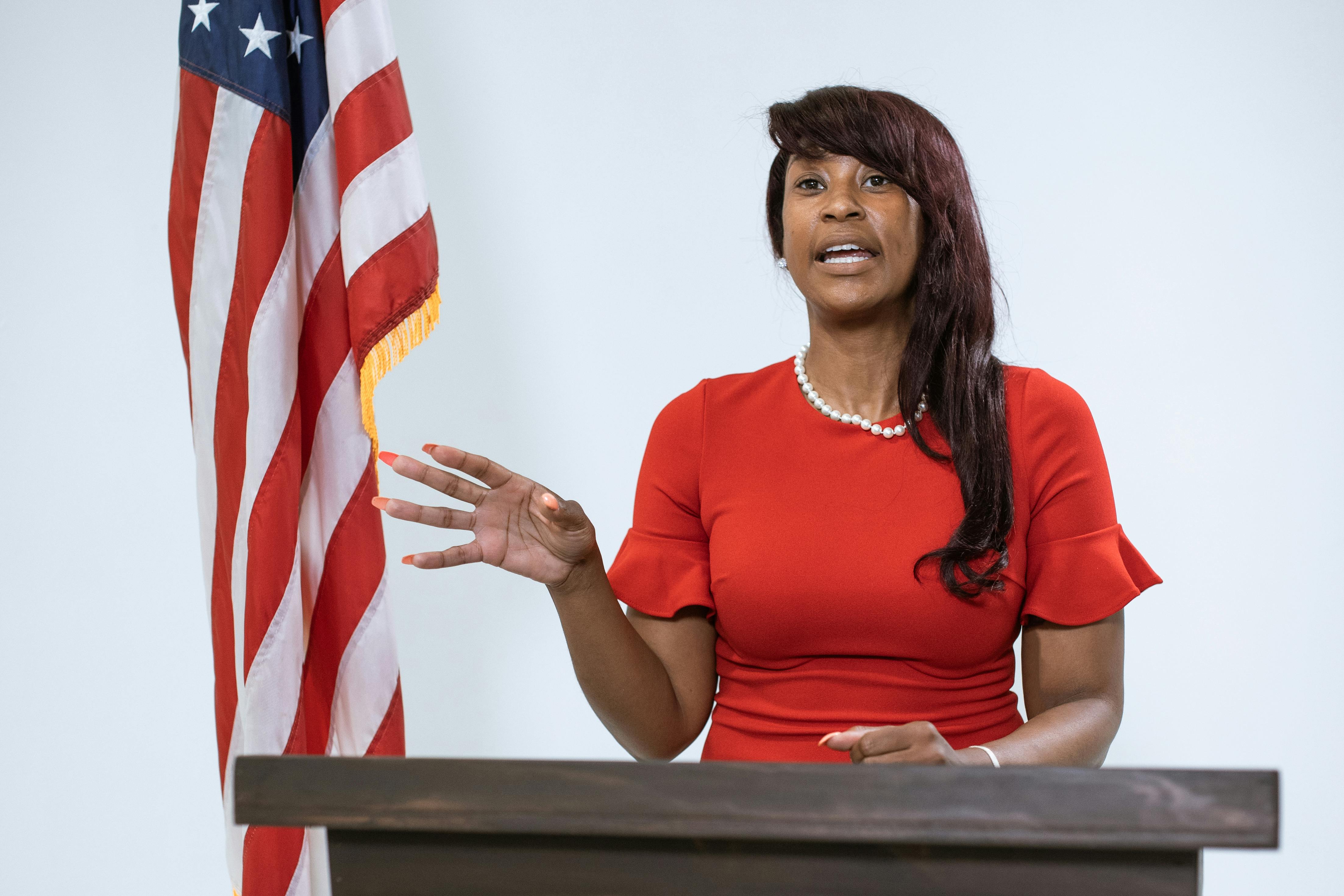Why Is Climate Change a Political Issue?
The science is clear, so why is the debate so heated? Because the solutions challenge power, money, and our way of life.
Climate Politics in a Nutshell
-
It Challenges Power
Real climate action requires shifting away from fossil fuels, threatening the profits of powerful industries.
-
It Requires Collective Action
Individual choices aren't enough. We need laws and policies that only governments can create.
-
It's About Fairness
Climate change affects everyone, but not equally. Politics decides who bears the costs and who is protected.
It’s Not Just About the Science—It’s About What We Do With It
We’ve known for decades that greenhouse gas emissions from burning fossil fuels are trapping heat and causing global warming. This leads to rising sea levels, stronger storms, and other serious problems. So if the science is clear, why is action so slow?
Because fixing climate change isn’t just a science problem. It’s a political one. It forces us to make big, collective decisions about our economy, our laws, and our future—and that’s where things get complicated.

Big Change Threatens Powerful Interests
Taking serious climate action means fundamentally changing our energy systems. That directly challenges the business model of the fossil fuel industry, one of the most powerful and profitable sectors in the world. As a result, these companies have historically used their immense resources to lobby governments, fund campaigns that sow doubt about climate science, and delay regulations that would hurt their bottom line.
As journalist Naomi Klein argues in This Changes Everything: Capitalism vs. The Climate, the real struggle isn’t just about emissions—it's about changing economic systems that benefit a few at the expense of the planet.
Collective Action Is Hard—But Necessary
One Person Can’t Solve It Alone
You can ride your bike, recycle, or eat less meat. Those are good things, but they’re not enough. Climate change is a systemic, global problem that requires systemic, global solutions. This is where collective action comes in—people working together to demand change from governments and corporations. But getting millions of people, and dozens of countries, to agree on a plan is one of the biggest political challenges of our time.
As George Marshall explains in Don’t Even Think About It: Why Our Brains Are Wired to Ignore Climate Change, our brains aren’t wired to deal with slow, invisible threats. That’s something political systems—and smart communication—need to overcome.

Politics Decides Who Wins and Loses
Some Communities Are Hit Harder Than Others
Not everyone experiences climate change the same way. Low-income communities and developing nations often contribute the least to global emissions but suffer the most from floods, droughts, and heatwaves. A fair climate policy must address this injustice, which makes the politics even more complex.

Social Movements Make It Political on Purpose
Groups like Fridays for Future and Extinction Rebellion exist to make climate change a political priority. They organize marches and protests to get attention and put pressure on elected officials. Why? Because leaders rarely act on difficult issues unless the public demands it. These movements turn public concern into political power.
Politics Decides Who Wins and Loses
Some Communities Are Hit Harder Than Others
Not everyone experiences climate change the same way. Low-income communities and developing nations often contribute the least to global emissions but suffer the most from floods, droughts, and heatwaves. A fair climate policy must address this injustice, which makes the politics even more complex.
In The Uninhabitable Earth, David Wallace-Wells warns that unchecked warming won’t just make the world hotter—it could deepen inequality, spark conflict, and create climate refugees.
Votes and Policies Drive Climate Action
Governments have the tools to fight climate change. They can:
- Set limits on carbon emissions.
- Invest in renewable energy like wind and solar.
- Put a price on pollution through carbon taxes.
- Help communities adapt to the impacts that are already happening.
But all of these actions require political will, which is shaped by voters, activists, and the industries being regulated. This is why climate change is a central issue in almost every election around the world.
Bottom Line: Climate Change Is About Power
Climate change isn’t just about science or nature—it’s about power. Who has it, who benefits from the current system, and what kind of future we are willing to build together.
The biggest decisions—whether we build new pipelines or invest in green jobs—are made in the political arena. And while that can be frustrating, it also means that change is possible. Through organizing, voting, and speaking up, we can shape the political will needed to create a sustainable future.

Where do you stand on climate?
Your views on climate change are a key part of your political identity. Take our AI-powered test to see how your beliefs fit into the bigger picture.
Take the Free Test The Global Shift Network
The Global Shift Network